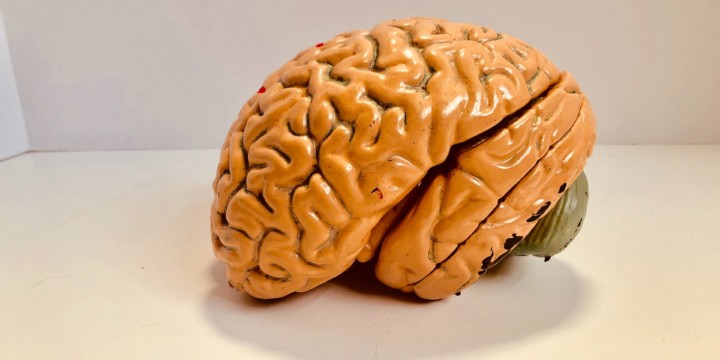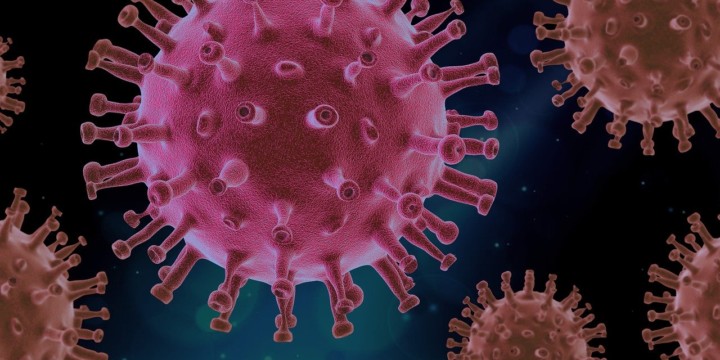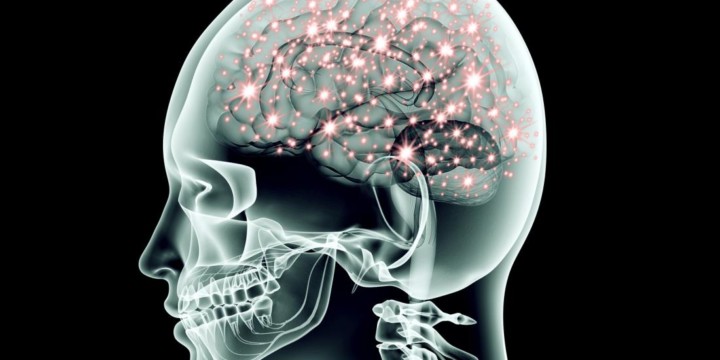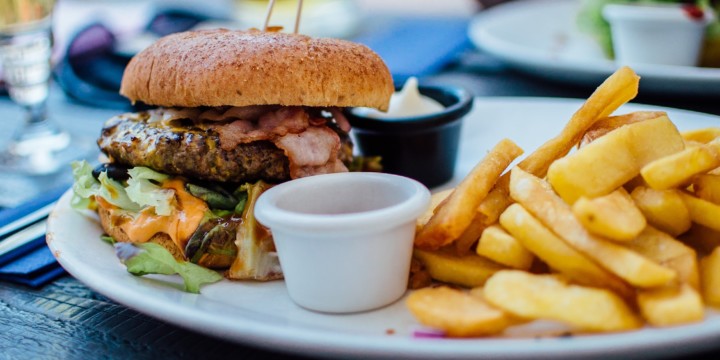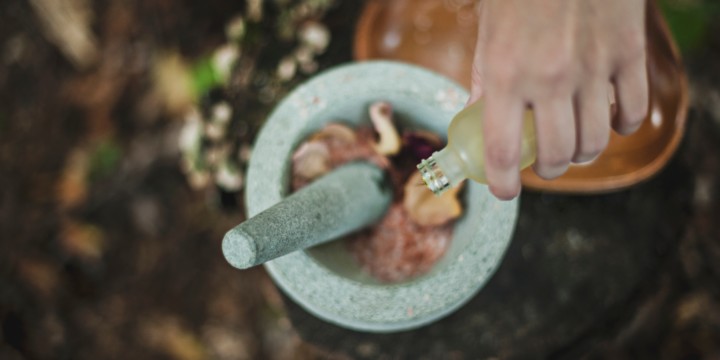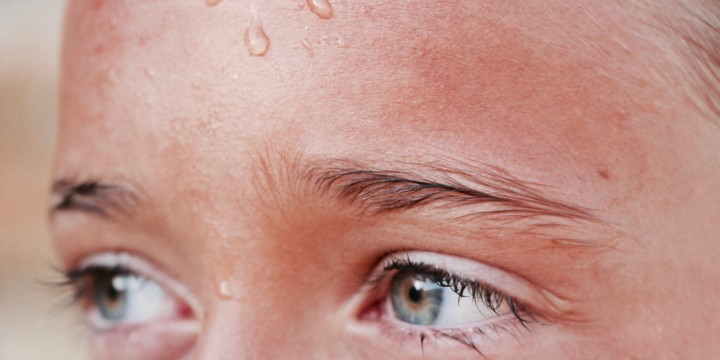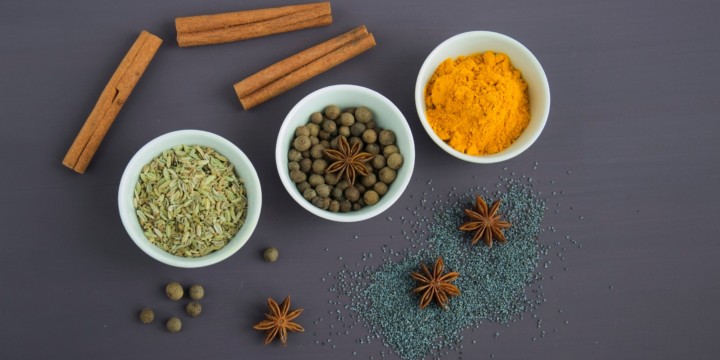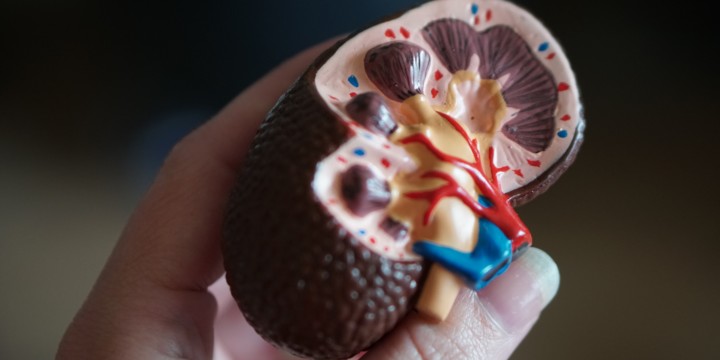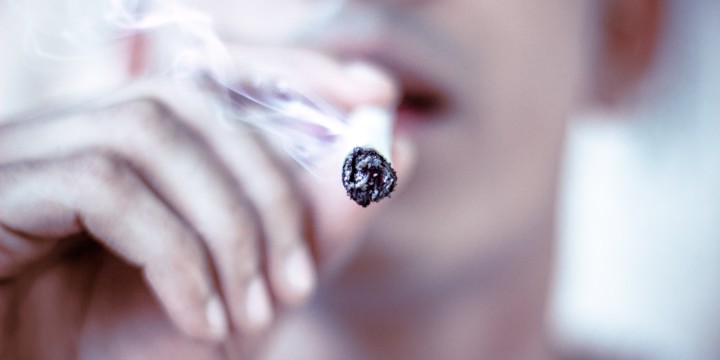Physiology of a Fatty Liver
Fatty liver is a term used to describe the build-up of fat in the liver cells (hepatocytes). The liver is the second largest organ in the body and responsible for a wide variety of functions one of which is metabolising the fats which we consume through our diet. Liver cells repair by rebuilding new liver cells when the old ones are damaged, but repeated damage leads to permanent scarring and this condition is called liver cirrhosis. A mild form of fatty liver is reversible with medications, diet changes and lifestyle modifications. Unfortunately fatty liver is on the rise due to a sedentary lifestyle and unhealthy eating habit.
Types of fatty liver
Alcoholic Fatty Liver: Alcohol consumption is the main cause of accumulation of fatty globules in the liver cells. In early stages abstinence can reduce the symptoms and treat the disease as well
Non-alcoholic Fatty Liver: As the name goes, where alcohol is not the causative factor in fat accumulation in the liver cells.
Acute Fatty Liver of Pregnancy: It is one of the rare complications of pregnancy and life-threatening; here termination of pregnancy is the only treatment option.
Causes of Fatty Liver
- Alcohol
- Obesity
- High cholesterol levels in the blood (hyperlipidemia)
- Diabetes mellitus
- Medications such as methotrexate, tamoxifen and valproic acid can cause defective fat metabolism
- Pregnancy
- Metabolic disorders
Symptoms of Fatty Liver
- Nausea, vomiting, loss of appetite, generalised weakness and abdomen pain are the few initial symptoms
-
Progressive vomiting, vomiting of blood, blood in stools, loss of weight, jaundice (yellow discolouration of the sclera), abdomen distension, visible veins through the abdomen, confused state of mind/ disoriented, pain in the upper right part of the abdomen, breathlessness and fatigue are few of the symptoms as the disease worsens.
Treatment of Fatty Liver in Allopathy
- Through examination, history, blood workups, imaging study and liver biopsy identifies the cause and confirms the diagnosis.
- The first line of management: abstinence from alcohol in case of alcoholic fatty liver
- Limit refined carbohydrates and sugar intake.
- Ensure blood glucose levels are within normal range
- Vitamin E supplements may be prescribed to promote healing of the liver cells.
- Vaccination against Hepatitis A and Hepatitis B if not received earlier may be advised to protect from a virus that may cause further liver damage.
- As such there are no medications to treat fatty liver, once the causative factors are dealt with liver cells will repair and regenerate on its own.
- For those with liver cirrhosis, a liver transplant may be an option with the fairly good outcome.
Ayurveda and Fatty Liver
According to Ayurveda Pitta is related to the metabolic system of the body which is responsible for ingestion, digestion and excretion, liver being a part of the metabolic system is related to Pitta Dosha. Therefore when there is vitiation in Pitta dosha liver gets diseased and results in various liver disorders of which fatty liver is one of them. A person receiving Ayurvedic treatment has to be mindful of their lifestyle and eating habits, otherwise, the effect of Ayurvedic treatment will be nullified.
Treatment of Fatty Liver in Ayurveda
Ayurveda believes in carrying out a thorough detox of the body and particularly of the liver. Liver is the largest organ after skin in the body and has tremendous ability to regenerate itself. The Ayurveda concentrates on cleansing and rejuvenating the liver through Panchakarma, right diet, lifestyle modifications, and herbs.
Panchakarma
Purvakarma therapies are carried out to prepare the body for the Ayurvedic detox or Panchakarma.
Virechana is a medicated purification therapy done for Pitta predominating dosha and gastrointestinal dysfunction.
Basti is a treatment in which oil decoration enema is administered through the rectum. Basti is the mother of all panchakarma therapy since it flushes out all the toxins and balances all the three doshas.
Abhyangam involves a full body massage with medicated herbal oils. It stimulates vital pressure points, which reduces oxidative stress and reduce inflammation. This therapy boosts Immunity, aids digestion and leads to well-being by preventing Stress
Patra Pinda swedana (sweating) following Abhyanga (herbal oil massage) treats the inflammatory condition, reduces pain and relieves the body of the toxic material
Diet Recommendations in Ayurveda
- In general Pitta pacifying diet has to be followed
- Increase in consumption of fruits and vegetables have to be followed along with high fibre diets such as whole grains and legumes.
- Spicy and oily food should be avoided as they aggravate Pitta dosha
- Foods loaded with refined sugar, carbohydrates, and trans fats are to be shunned.
- Maintain hydration; drink at least 2 litres of water per day
Recommended Lifestyle Changes
- Abstain from alcohol as it increases the toxin accumulation in the liver and worsens the condition
- A sedentary lifestyle is one of the causative factors of fatty liver, hence stay active.
- Protect yourself from exposure to toxins such as pesticides, disinfectants and aerosol spray.
- Avoid unsafe activities such as getting body piercings, tattoo and unprotected sex.
- Exercise always. Yoga and pranayama are a great way to maintain a healthy weight and relieve stress.
Ayurvedic herbs useful in the treatment of fatty liver
Herbs such Amla, Punarnava, Manjistha, Ginger and cinnamon are excellent in treating pitta dosha as they having cooling and calming effect on the body. Apart from that these herbs when used in various concoctions have antioxidant property, reduce oxidative stress, counter inflammation and improve the overall health and enhance the functioning capacity of the liver.
Yoga and Pranayama
The liver is one of the most important organ in our body and indeed necessary to keep it functioning as it well. Certain yoga asanas enhance the functioning of the liver and benefit fatty liver.
Dhanurasana (bow pose), Naukasana (boat pose), Ardha Matsyendrasana (king of fish pose), Gomukhasana (cow pose), Bhujangasana (cobra pose) and Merudandasana (spinal column pose) enhances oxygen flow, prevents scarring of the tissue, strengthens and stimulates the liver.
Pranayama is a breathing exercise that is known for boosting the liver health. Kapalbhati Pranayama stimulates and strengthens the liver treating a wide variety of liver ailments.
Naturopathy and Fatty Liver
Fatty liver is a reversible condition provided the causative factors are dealt with rightly. Naturopathy indulges correction of diet and lifestyle along with easily available herbs as the treatment modality.
Treatment of Fatty Liver in Naturopathy
Naturopathy regards liver as the most important organ in the body. A healthy liver can keep many diseases at bay. The treatment in Naturopathy focuses on liver detox and overall body detox.
Naturopathy Detox
Begin each day with a glass of warm water with one tablespoon of honey and half a tablespoon of lemon juice, this works as an excellent detox to stimulate the digestion of fats in the body.
Apart from this fasting on vegetable juices, colon hydrotherapy, mud therapy, kidney and liver packs are used to detox the liver off the toxins.
Recommended Diet Changes in Naturopathy
- Intake of salt and sugar needs to be restricted. They are loaded in processed foods, aerated drinks and junk food. So avoid these foods.
- Include Vitamin E in your diet. Sunflower seeds, peanut, almonds, taro root, flax seeds, soybean, carrots, mangoes, papaya, pumpkin and spinach are loaded with plenty of vitamin E.
- Foods rich in vitamin D are beneficial for healthy liver such as yoghurt, cheese, zucchini, tuna, salmons, egg, mushroom, cod liver oil and tomato.
- Omega 3 fatty acids protect against fat accumulation in the liver; flax seeds, walnut, sardines, tofu, shrimp, cauliflower and soya bean can be incorporated in the diet to benefit from naturally available omega 3 fatty acids.
- Juices of vegetables such as beetroot, carrot, celery and ginger are very effective in treating fatty liver if consumed regularly.
- Onion, garlic, beans and broccoli are an excellent food to detoxify the liver.
Botanical Herbs used in Naturopathy
- Apple cider vinegar helps reducing fat accumulation in the liver by inducing weight loss and promotes a healthy liver function by reducing inflammation.
- Turmeric is a natural healer and improves the body’s ability to metabolise fats. Drinking turmeric in milk or making a latte out of it daily is the most effective.
- Lemons are loaded with Vitamin C and antioxidants which help the liver produce glutathione, which neutralises the toxins in the liver.
- Powder of Tinospora cordifolia and Cyperus rotundus mixed in equal proportion and consumed along with water is very effective in treating fatty liver.
- A teaspoon of long pepper powder with honey taken once a day for a month treats fatty liver, promotes the repair and regeneration of the cells.

